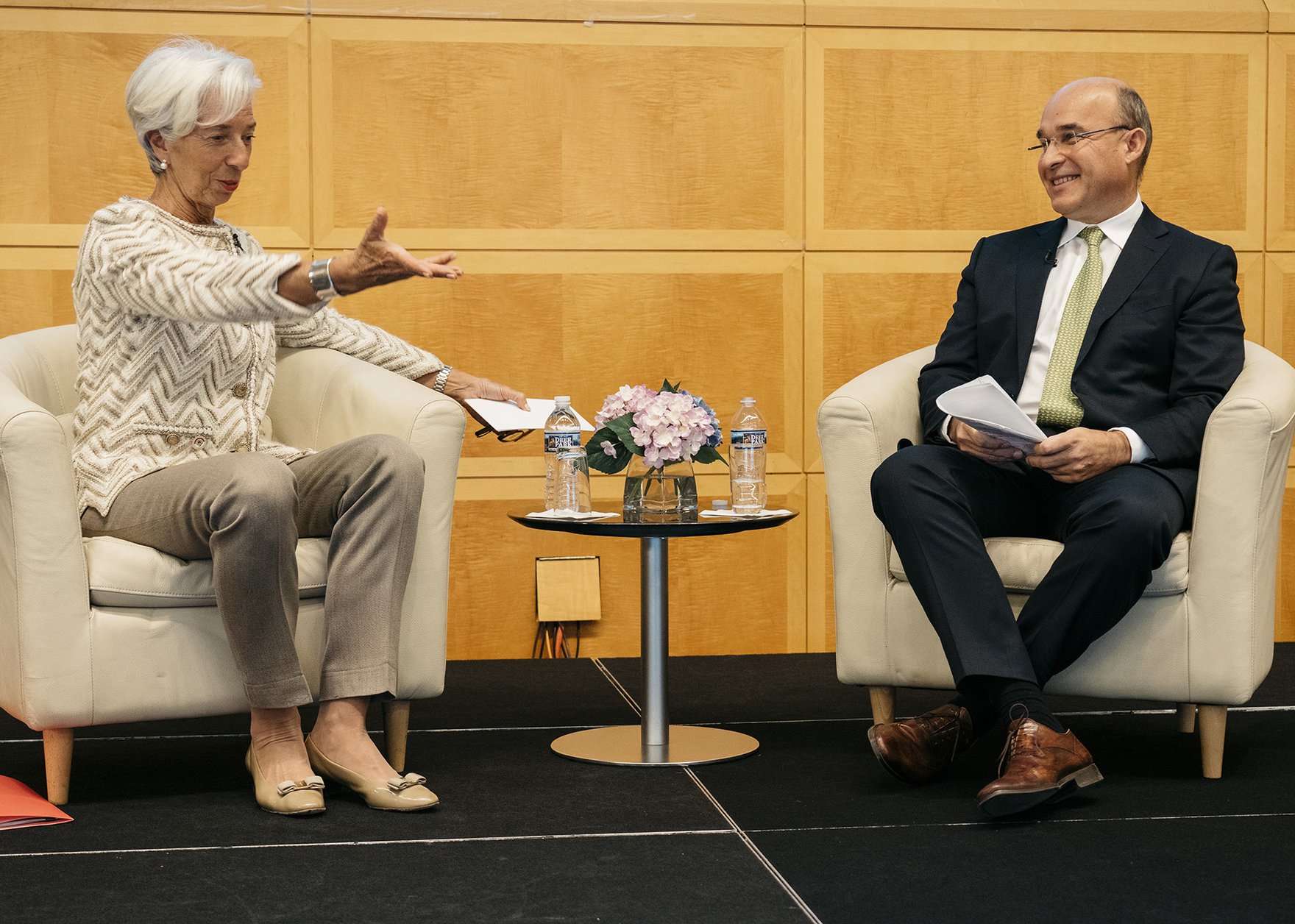Among the most critical problems facing policy makers in 2021 is that the rules-based international order, crafted for a bricks-and-mortar world, urgently requires an update for the new digital reality. This challenge is fundamental. Institutions developed to manage global trade in goods — shipped by air, sea, road or rail — or services provided primarily in situ, have not been outdated so much as entirely sidelined, as goods have become intangible and their trade electronic.
In a speech to the International Monetary Fund (IMF) three years ago today, Jim Balsillie, CIGI’s founder and chair, argued that this historic challenge demands a digital Bretton Woods moment — a new framework for international governance of the digital world, modelled on the post-war accords that led to the creation of the IMF, the World Bank and, later, the World Trade Organization, set to host its twelfth Ministerial Conference on November 30. The first step toward reform, CIGI experts have long argued, is to kick-start an international discussion, in a neutral forum — to begin to address a digital divide that has only grown during the COVID-19 pandemic.
Below is a selection of links to CIGI’s work in this area.
Read
- The IMF Should Spark a Bretton Woods Moment for the Digital Age, Says Balsillie
- A Post-COVID-19 Digital Bretton Woods
- In the Age of Connection, Disconnected Digital Governance Isn’t Working
- Digital Platforms Require a Global Governance Framework
- Imagining a Post-COVID-19 Scenario for a Renewed Bretton Woods Agreement
- Renewing Multilateral Governance in the Age of AI
- It Is Finally Time for a New Bretton Woods
- Lagarde's Fight for the Rules-based Order
Watch
- Jim Balsillie at the IMF Statistical Forum and Q&A with Christine Lagarde (video and transcript)



